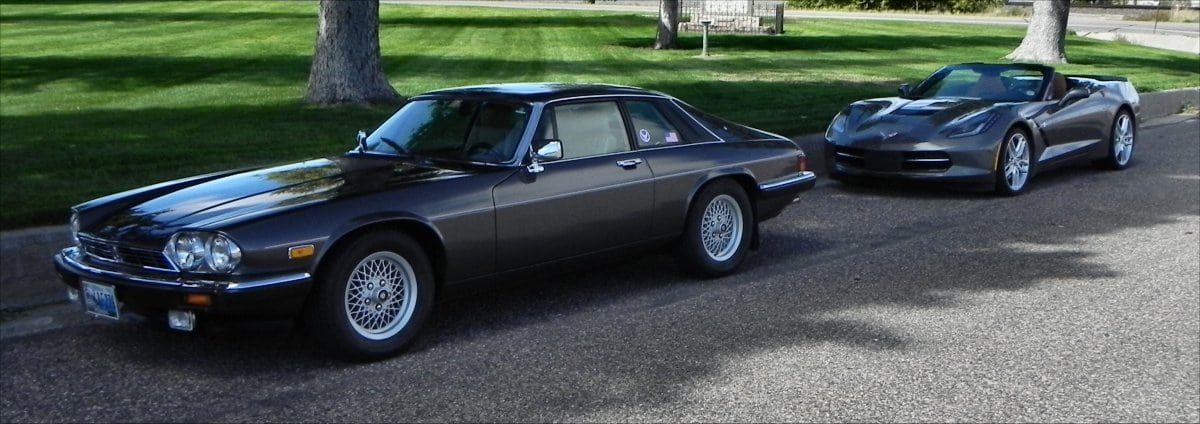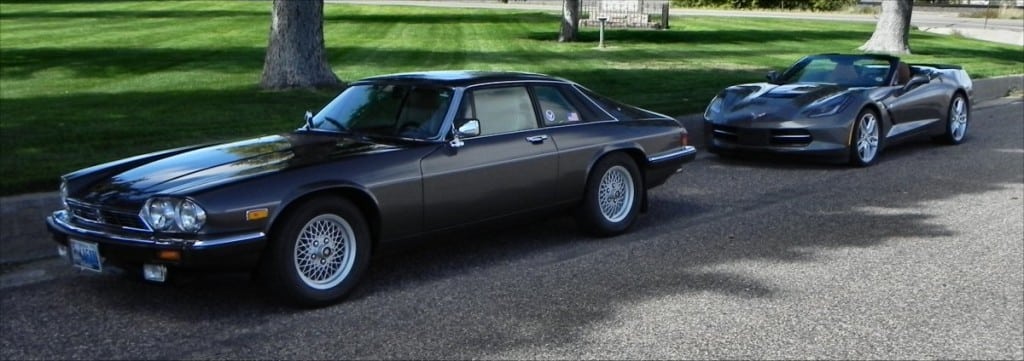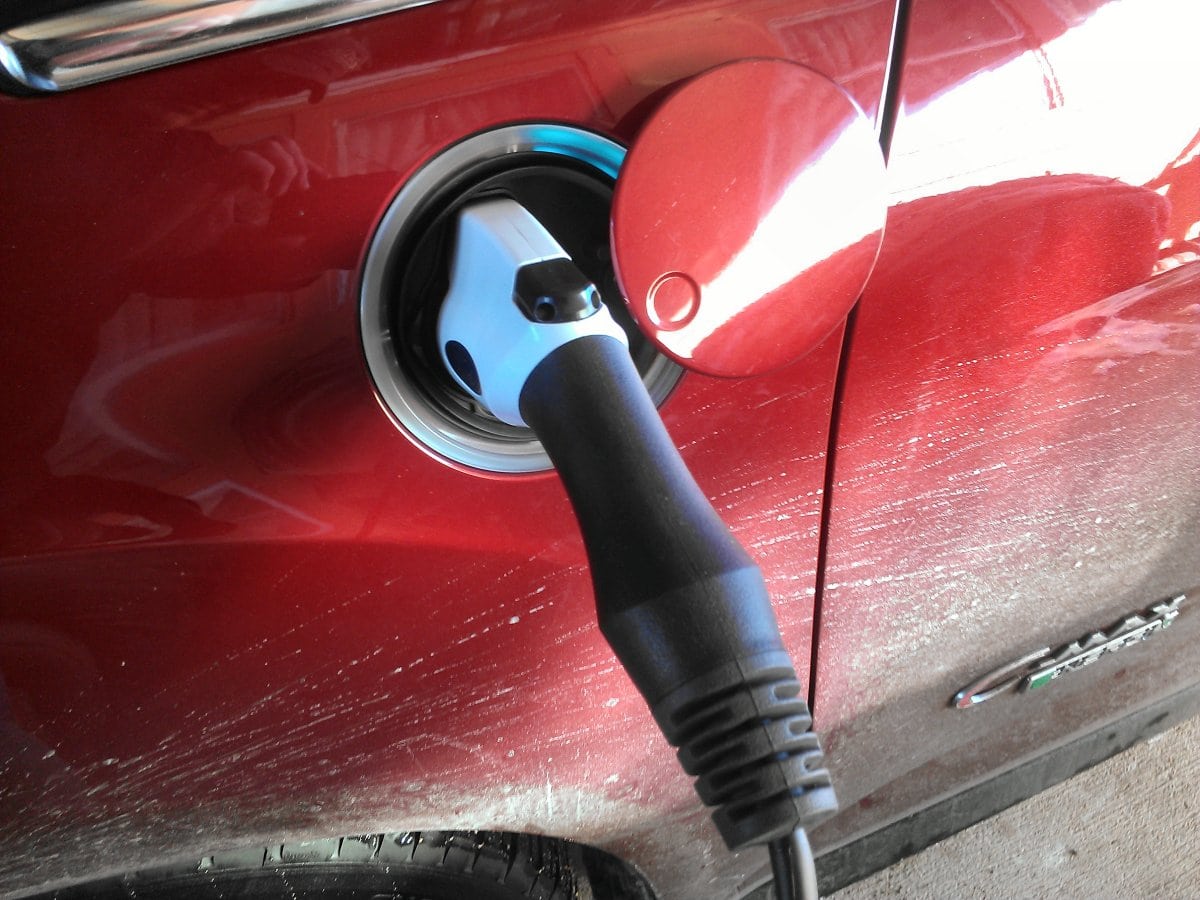Are you getting bored with driving the same old car recently? Would you like to get something different without breaking the bank? Then you might consider looking towards the second-hand market. No matter which model you prefer, you are almost guaranteed to find a used version for sale somewhere in the UK. Even the latest designs get sold on pretty quickly by some people. That means you could pick up something that’s only a few months old for knockdown prices. Even so; you need to be very careful when dealing with used car salesmen. As the cliche profile suggests, they tend to use underhand tactics to encourage you to part with your hard earned wages. For that reason, it’s vital you perform a lot of research and understand everything there is to know about your chosen model before arranging a viewing.
You should always remember there are no set prices on the second-hand market. That means you could reduce costs considerably if you work on negotiation skills. At the end of the day, you want to part with the smallest amount of cash possible when getting a used car. There are so many things that can go wrong with vehicles these days that you need to hold some money back to pay for maintenance and repairs. That is especially the case if you are looking to purchase something more than three years old. Most models are covered by manufacturer warranty up to that point, which means they won’t cost you a penny to put right. Anything over three years old is completely your responsibility.
The pros of buying second-hand vehicles:
* Price. As we mentioned a moment ago, people often get amazing bargains when buying from the used market. Also, negotiation can drive costs down even further than the advertised price. To find the cheapest cars available for purchase today, you’ll want to check specialist websites online. Just search on Google for “second-hand cars,” and you will be inundated with results from all over the country. Always look for names you recognise like AutoTrader for the best outcome. Also, settling on the first model you come across is never a good idea. You might find the same car for thousands less if you just have a look around for a few hours.
* Selection. Almost every car manufactured in the last fifty years is available somewhere on the used market. The automotive industry today is a complicated place though, and so you’ll need to think long and hard about the model you select. Websites like TopGear are a great place to look for reviews. You should also search for testimonials written by owners of the vehicle. Some cars are prone to experience certain problems more than others, and it is in your interests to know about any common issues ahead of time. That way; you can increase the chances of your spotting something wrong without the help of a mechanic.
* Ease of purchase. When buying a new car from a registered dealership, most people have no choice but to take out finance. The process of doing that can take a long time, and so you could find yourself stuck at the forecourt for hours before the sale is complete. That is not the case when you select a used model. Unless you choose something that only came off the production line a few months ago, you can probably afford to pay in cash or charge the purchase to your credit card. That means the sale can be completely much more quickly. It only takes a few minutes to sign the paperwork and get your keys.
The cons of buying second-hand vehicles:
* Engine trouble. Unless you have official qualifications in mechanics, you probably won’t be in the best position to identify when a vehicle is suffering from engine trouble. That said; there are some simple ways you can remedy that issue. By getting in touch with your local garage, you might be able to hire one of their employees for a few hours. Having a trained mechanic in your corner should stop you from getting ripped off by less than reputable sellers. At the end of the day, most people selling used cars will do anything possible to draw your attention away from problems with their automobile.
* Shorter lifespan. A new car bought from a dealership should last you at least fifteen years if you decide to keep it. Whereas something obtained from the second-hand market is more likely to start showing problems after just five years. You need to take that into consideration when deciding whether or not to make an offer. If the lifespan of a used vehicle is 66.66% shorter than that of a new model, you should expect the price to reflect that. If it doesn’t, it might be time to crack open your negotiation skills and drive the seller down.
* HPI. Very occasionally, people might try to sell you a car that still has outstanding finance. The problem with that is it is illegal. You will almost certainly lose the vehicle when the finance provider catches up with you, and you might have trouble getting your money back from the seller. To stop that from happening, you should always perform an HPI check on the registration plate before leaving home. I used a great website to check my car history in preparation for writing this article. There are lots of different services around that help with this issue. You just need to find one that gives you the information you require quickly.
From the information on this page, it should be obvious that the second-hand market can be a double-edged sword. While prices are much lower, and the selection of vehicles is better, you can get ripped off by unscrupulous sellers. For that reason, you need to be very careful when agreeing to any deal.
No matter what you decide to do, just try to keep your head. Don’t fall for the tactics of used car sellers. They are only after your money, and they do not have your best interests at heart.








